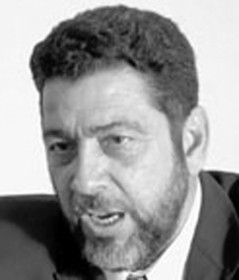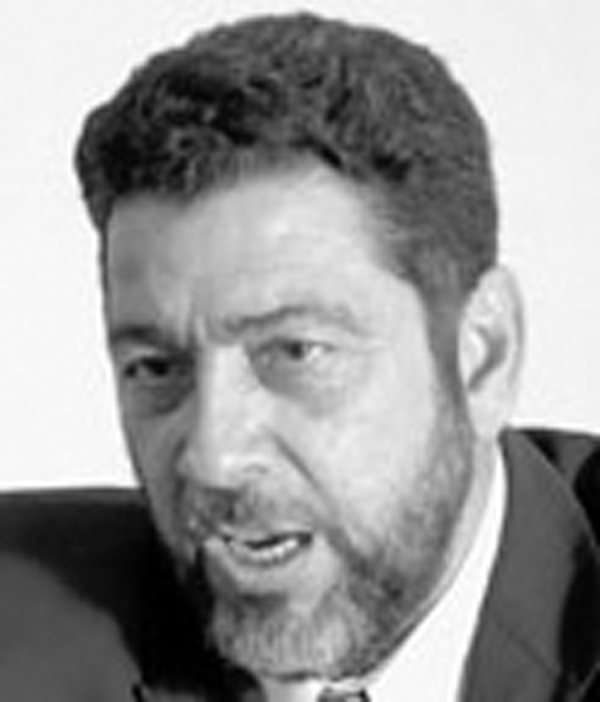OECS countries seek IMF rescue packages despite popular misgivings
– BBC Caribbean Report
Even as the Caribbean Community (CARICOM) continues to mount a lobby for comprehensive reforms of the post-war Bretton Woods Institutions – the International Monetary Fund (IMF) and the World Bank, more vulnerable member countries of the regional movement are compelled to seek financial support from the Fund to cushion the continually unfolding effects of the current crisis.

A feature published earlier this week by the BBC Caribbean lists five member countries of the Organization of Eastern Caribbean States (OECS) that have resorted to emergency lending facilities available through the Fund despite strongly held views among people in the sub-region about the harshness of the Fund’s traditional lending conditionalities.
According to the BBC Caribbean report St, Vincent, Dominica and St. Lucia have sought financing from the Fund under its Exogenous Facility; Grenada has requested a continuation of an existing poverty reduction scheme with the Fund while St. Kitts and Nevis has already received financial support from the IMF under its Emergency Assistance for Natural Disasters Facility.
The BBC report says that while the sums involved are modest “Caribbean governments historically get nervous with any mention of IMF financing.”
According to the report, St Vincent and the Grenadines Prime Minister Dr. Ralph Gonsalves has already been required to respond to questions that have been raised by ordinary Vincentians regarding the government’s approach to the IMF. “People meet me on the street all the time; I hear you gone to the IMF as though I gone to hell,” Gonsalves is quoted in the BBC Caribbean report as saying.
Lending to Caribbean countries by the IMF has sparked a number of protests in the region triggered by harsh conditionalities that have included strict monitoring of public spending that have reduced governments’ room for manoeuvre and resulted in significant job losses. However, OECS Finance Ministers have defended their governments’ decision to seek assistance from the IMF pointing to significantly reduced inflows of foreign direct investment and remittances, reduced business confidence and increased unemployment levels triggered by the global economic and financial crisis.
Dr Gonsalves, who is also St Vincent’s Finance Minister has also defended his government’s resort to the Fund stating that the current scenario confronting the Caricom island state is ample justification for seeking the Fund’s support. He is quoted as saying that there is “nothing intrinsically wrong” about negotiating with the Fund about “a crisis which has hit you very hard. It depends on the nature of the arrangement which you negotiate,” he added.
The IMF’s Exogenous Shocks Facility under which St. Vincent, Dominica and St. Lucia have sought assistance seeks to provide borrower countries with rapid access to funds at low interest rates to help respond to events that have a significant negative impact on an economy and which is beyond the control of the government of the receiving country. The Facility is one of several reforms instituted by the Fund which the BBC Caribbean Report says seeks ‘to give the IMF a kinder, gentler face after criticism that its lending conditions were too onerous, particularly for small or poor nations.”

